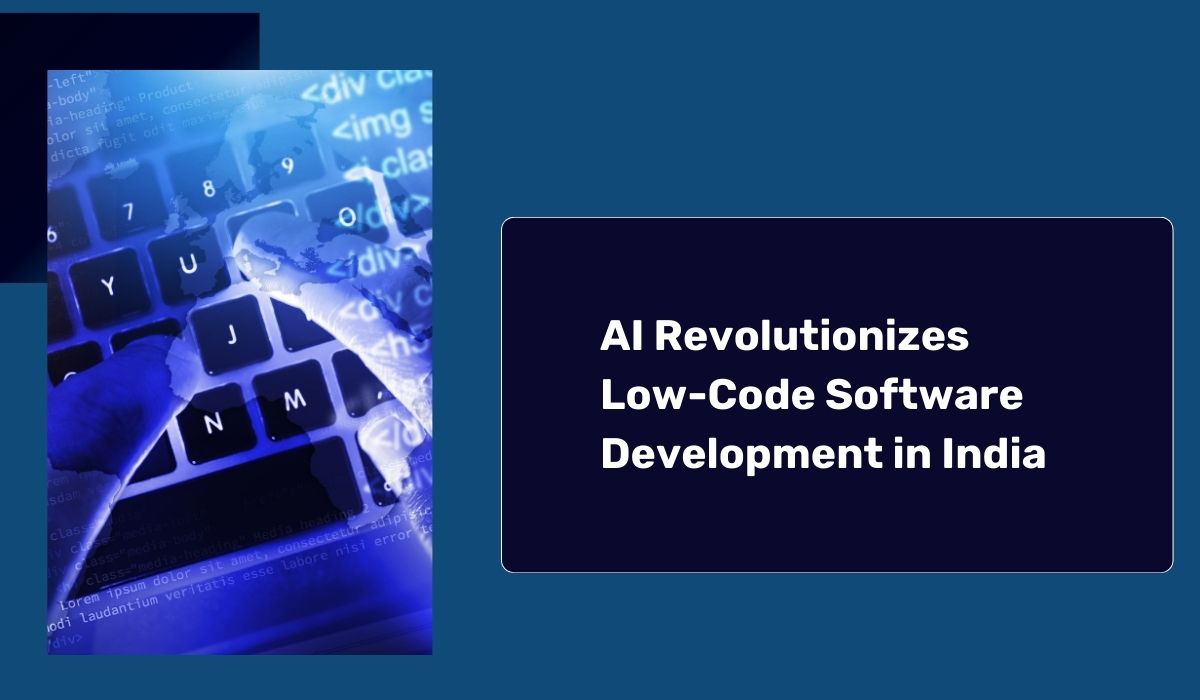
Artificial Intelligence (AI) is driving a transformative wave across industries, significantly impacting the landscape of software development, especially within the realm of low-code development. In India's burgeoning tech scene, AI stands as a cornerstone shaping the future of software development practices. As this technology matures, its influence on the low-code software development market in India promises to be groundbreaking, offering substantial advantages and opportunities for developers, businesses, and the overall tech ecosystem.
The integration of AI capabilities into low-code platforms empowers developers by automating repetitive tasks, such as code generation, testing, and debugging. This automation streamlines the development lifecycle, enhancing efficiency, and reducing time-to-market for applications. By serving as an "autopilot" for developers, AI allows them to focus on the creative and strategic aspects of application building. Moreover, the incorporation of large language model connectors in high-performance low-code platforms enables the creation of complex generative AI-powered applications, offering personalized user experiences and facilitating the rapid development of AI applications.
Beyond coding, the integration of generative AI democratizes software development, empowering citizen developers and individuals with limited coding experience to craft and deploy sophisticated applications through intuitive interfaces and automation features. This aligns with India's commitment to fostering a diverse and inclusive tech ecosystem, promoting innovation and entrepreneurship. As AI automates routine tasks, developers can redirect their skills towards solving intricate problems, contributing to the nation's goal of an inclusive tech ecosystem. Overall, AI's enduring influence on India's enterprise tech landscape is driving transformative changes in software development, addressing the tech talent gap and reshaping work approaches across diverse sectors in the APAC region.